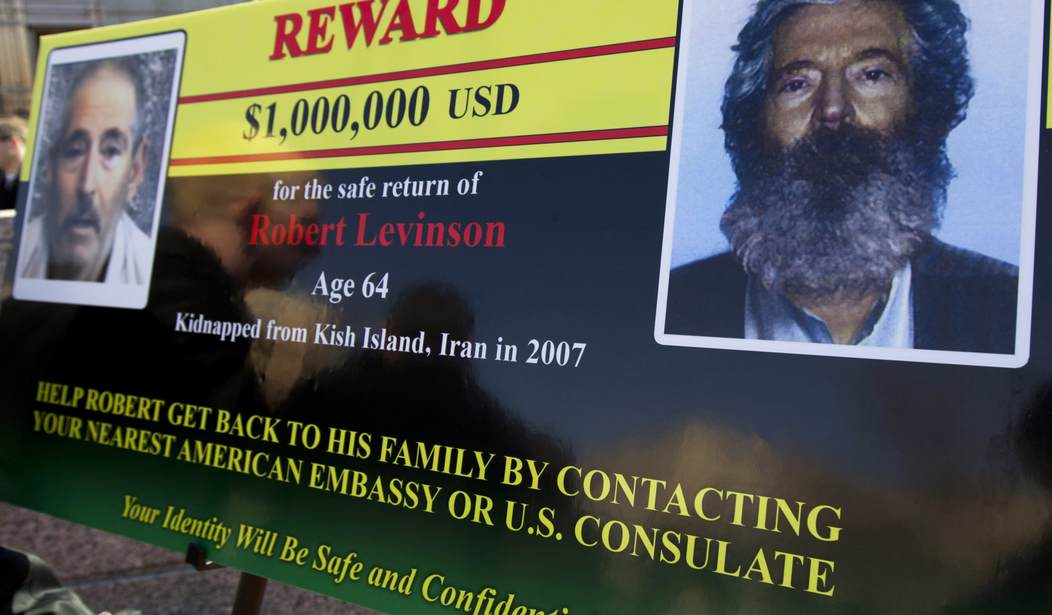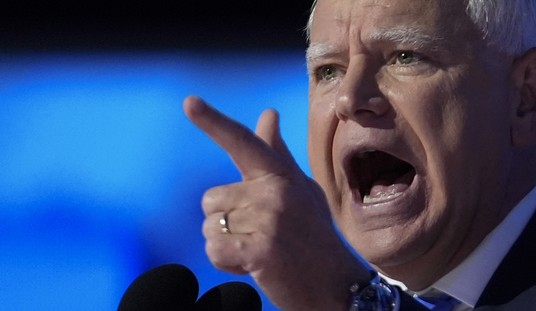WASHINGTON — The Senate passed by unanimous consent this week a resolution calling on Iran to release American hostages and urging the Trump administration to make security the freedom of prisoners there “the highest of priorities.”
The bipartisan measure suggests that the U.S. and allies who also have hostages held in Iran “consider establishing a multinational task force to work to secure the release of the detainees.”
It calls on Trump “to take whatever steps are in the national interest to secure the release of Siamak Namazi, Baquer Namazi, Xiyue Wang, Nizar Zakka, and any other United States citizen, legal permanent resident alien, or foreign national being unjustly detained in Iran,” and “to take whatever steps are in the national interest to determine the whereabouts and secure the return of Robert Levinson.”
The resolution was introduced by Sens. Ted Cruz (R-Texas) and Pat Leahy (D-Vt.), and co-sponsored by Sens. Cory Booker (D-N.J.), Bob Menendez (D-N.J.), Todd Young (R-Ind.), Cory Gardner (R-Colo.), Tom Cotton (R-Ark.), Marco Rubio (R-Fla.), David Perdue (R-Ga.), and Bill Nelson (D-Fla.).
“For years the Iranian regime has brutally detained and imprisoned Americans and dual-nationals as a matter of policy, in an effort to leverage the freedom of our citizens for political concessions,” Cruz said Wednesday. “We have a moral imperative to speak for the silenced and shackled, to hold those responsible in Iran to account for detaining and mistreating our people, and to fight for the release and return of those held hostage by the Islamic Republic of Iran.”
“There are few more egregious violations of human rights and human dignity than to wrongfully imprison innocent people under harsh conditions for purposes of extortion, which the Government of Iran engages in as a matter of state policy and practice,” Leahy added in a statement. “Baquer Namazi, 80 years old and in failing health, is one of several Iranian-Americans being cruelly abused in this manner. It is imperative that the administration uses its diplomatic tools to obtain their freedom.”
Siamak Namazi, a businessman who was raised in the United States and had been working out of Dubai, was arrested in October 2015 while visiting a friend in Tehran. Namazi hails from a prominent Iranian family; his father used to be governor in Khuzestan province and a UNICEF official, and the family immigrated to the U.S. in 1983. His father, Baquer Namazi, was arrested in Tehran in February 2016 and also taken to the city’s notoriously brutal Evin prison.
In October 2016, the Namazis were sentenced to 10 years in prison “for spying and cooperating with the U.S. government against Iran.”
Xiyue Wang is a Princeton University graduate student who was researching his dissertation in Iran and was sentenced to 10 years behind bars on charges of espionage this summer.
Wang, a fourth-year doctoral candidate in late 19th and early 20th century Eurasian history, was arrested in August 2016 after Iran said he was scanning large quantities of documents and sending digital scans to the State Department, Princeton and Harvard. Wang was scanning historical documents — a “normal, standard scholarly practice,” one of his professors noted — that were about 100 years old. Wang got his bachelor’s degree at the University of Washington and studied at Harvard before Princeton. He speaks English, Mandarin, Pers
ian, Turkish and Pashto.
Nizar Zakka, a D.C. information technology and economic development expert who visited Tehran at the invitation of the Iranian government to speak at a conference on women’s entrepreneurship and employment, was seized as he tried to catch a return flight in September 2015. The State Department even helped fund his trip, according to his colleagues.
The Lebanese-American and permanent U.S. resident is secretary-general of the Dupont Circle-based IJMA3 group, which lobbies for the information and communications technology industry in the Middle East. Zakka earned degrees from the University of Texas after graduating from the Riverside Military Academy in Gainesville, Ga., in 1985. He used to work as a software engineer at contractor Kellogg, Brown & Root in the early ’90s.
He was sentenced to 10 years on espionage charges a year after his arrest.
A former FBI agent and father of seven, Robert Levinson was working as a private detective on a cigarette smuggling case on Kish Island, an Iranian resort port in the Persian Gulf with looser entrance requirements. He disappeared in March 2007, and his wife made subsequent trips to Iran to try to find out any information. A hostage video of Levinson was sent to the family in late 2010, and in April 2011 they received photos of him. They released the photos in January 2013 out of frustration that not enough was being done by the government.
When five U.S. hostages were returned from Iran at the time of the implementation of the nuclear deal in January 2016, Bob Levinson was not among them. His frustrated family started the hashtag #WhatAboutBob as the other captive Americans returned home. Levinson is the longest-held hostage in U.S. history.
The United Nations Working Group on Arbitrary Detention found that it’s “an established fact that Mr. Levinson was arrested without any legal ground, in violation of his rights as established in article 9 of the Universal Declaration of Human Rights and article 9 of the Covenant, and has been detained since then.”
“This violation is further aggravated by the time elapsed — almost 10 years — and the lack of due diligence by the authorities of the Islamic Republic of Iran,” the working group concluded.
Levinson is the longest-held hostage in U.S. history. The Senate resolution notes how the Obama administration said it had “secured a commitment from the Iranians … to try and gather information about Mr. Levinson’s possible whereabouts” but no information has been received thus far.











Join the conversation as a VIP Member